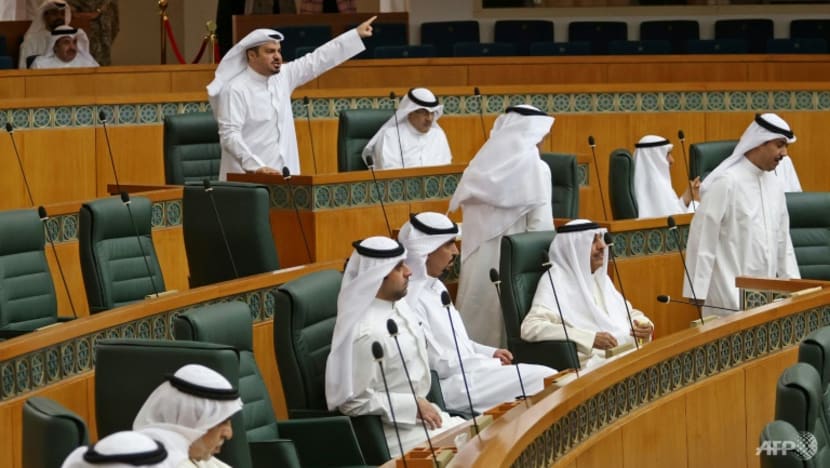Despite being the only Gulf Arab state with an elected government, Kuwait has been mired in political turmoil that has stalled reforms. The previous government resigned in January, just three months after taking office.

Kuwaiti Parliament . Photo: AFP
Kuwait adopted a parliamentary system in 1962, but repeated political crises paralyzed the state.
"A decree from the Emir has been issued confirming the formation of a new government led by Sheikh Ahmad Nawaf al-Ahmad Al-Sabah," a Kuwaiti government statement said on Sunday. This will be Kuwait's fourth government since August.
Despite its vast oil reserves, Kuwait’s hospitals and educational services are in disrepair due to constant political wrangling. The country regularly faces confrontations between elected lawmakers and lawmakers appointed by the ruling Al-Sabah family.
Prime Minister Ahmad Nawaf al-Ahmad Al-Sabah submitted the resignation of the previous government in January, as lawmakers planned to question ministers over state financial management and a bill to forgive debts for Kuwaiti citizens.
However, in March, the constitutional court invalidated the results of legislative elections held last year and ruled to reinstate the previous parliament.
Kuwait's current emir, Nawaf al-Ahmad Al-Sabah, 85, has stepped back from political life in favor of Crown Prince Meshal al-Ahmad al-Jaber Al-Sabah, 82.
Instability in Kuwait has scared off investors and dashed hopes of reforms that would see the resource-rich nation follow the path of Saudi Arabia, the UAE and Qatar.
Hoang Nam (according to Reuters)
Source





























![[Photo] National Assembly Chairman attends the seminar "Building and operating an international financial center and recommendations for Vietnam"](https://vphoto.vietnam.vn/thumb/1200x675/vietnam/resource/IMAGE/2025/7/28/76393436936e457db31ec84433289f72)







































































Comment (0)